If you're a fan of 'Homicide: Life on the Street' (1993), you're likely drawn to its gritty realism, complex characters, and intense storytelling. This article is for you! We've curated a list of 10 movies and TV shows that share the same raw, procedural drama and deep character exploration that made 'Homicide' a standout series. Whether you're looking for more police dramas or shows with a similar tone, this list will keep you hooked.
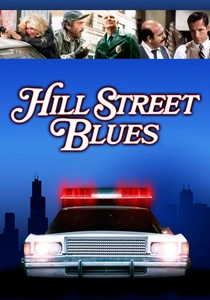
Hill Street Blues (1981)
Description: As a precursor to 'Homicide: Life on the Street', 'Hill Street Blues' established many of the innovative techniques that 'Homicide' would later perfect - ensemble casts, overlapping dialogue, and serialized storytelling within an episodic format. Both shows portray the challenges of urban policing with depth and nuance.
Fact: 'Hill Street Blues' was initially a ratings failure but became a critical darling and awards magnet. The show's famous opening roll call scenes were inspired by real police procedures. It was one of the first shows to use multiple ongoing storylines across episodes.
 Watch Now
Watch Now 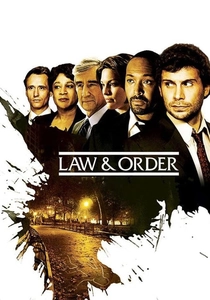
Law & Order (1990)
Description: Similar to 'Homicide: Life on the Street', 'Law & Order' focuses on the procedural aspects of crime-solving, blending police work with legal drama. Both shows are set in New York and emphasize realism, though 'Law & Order' is more formulaic in its storytelling.
Fact: 'Law & Order' is one of the longest-running primetime TV dramas in U.S. history. The show's signature 'dun-dun' sound was created by composer Mike Post. Many episodes were 'ripped from the headlines', loosely based on real-life cases.
 Watch Now
Watch Now 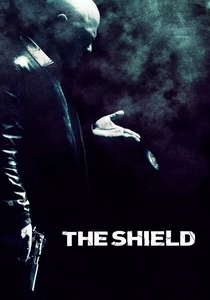
The Shield (2002)
Description: Like 'Homicide', 'The Shield' offers a raw, uncompromising look at police work, though it focuses more on corruption and moral ambiguity. Both shows feature intense performances and explore the gray areas of law enforcement, with 'The Shield' taking these themes to more extreme levels.
Fact: Michael Chiklis broke type by playing the bald, brutal Vic Mackey after his family-friendly 'The Commish' role. The show's pilot was shot in a documentary style to establish its gritty tone. 'The Shield' was FX's first original drama, helping establish the network's reputation for edgy programming.
 Watch Now
Watch Now 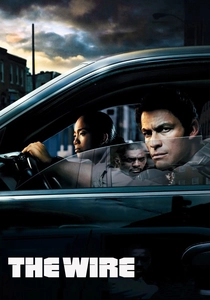
The Wire (2002)
Description: Like 'Homicide: Life on the Street', 'The Wire' is a gritty, realistic portrayal of urban crime and policing, created by David Simon who also worked on 'Homicide'. Both shows delve deep into the complexities of the criminal justice system and feature ensemble casts with morally ambiguous characters.
Fact: 'The Wire' was initially not a ratings success but gained critical acclaim and a cult following after its cancellation. Many actors in 'The Wire' were non-professionals or had limited acting experience, adding to its authenticity. The show's detailed depiction of Baltimore's institutions was based on David Simon's experiences as a police reporter.
 Watch Now
Watch Now 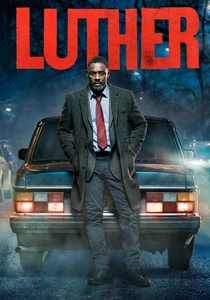
Luther (2010)
Description: Like 'Homicide', 'Luther' features a brilliant but troubled detective whose personal life is as compelling as the cases he solves. Both shows blend police procedural elements with deep psychological drama, though 'Luther' leans more into thriller territory.
Fact: Idris Elba won a Golden Globe for his performance as John Luther. The show's dark tone was inspired by classic film noirs. Alice Morgan, played by Ruth Wilson, became one of TV's most memorable antagonists.
 Watch Now
Watch Now 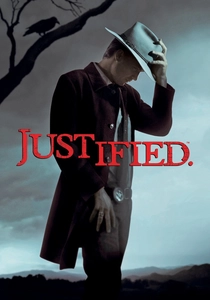
Justified (2010)
Description: While more character-driven and with a rural setting, 'Justified' shares 'Homicide's' sharp dialogue and morally complex characters. Both shows balance procedural elements with long-term character arcs and feature standout performances from their leads.
Fact: Based on Elmore Leonard's short story 'Fire in the Hole'. Timothy Olyphant's Raylan Givens became one of TV's most iconic modern lawmen. The show's depiction of Harlan County was praised for its authenticity.
 Watch Now
Watch Now 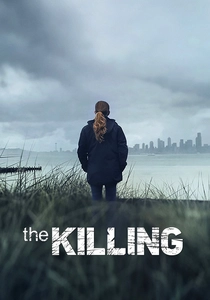
The Killing (2011)
Description: Similar to 'Homicide', 'The Killing' focuses on the painstaking process of solving a single case, with emphasis on character development and the emotional impact of violent crime. Both shows employ moody atmospheres and avoid tidy resolutions.
Fact: Based on the Danish series 'Forbrydelsen'. The show was canceled twice before getting a proper finale. Its slow-burn storytelling frustrated some viewers expecting quicker resolutions.
 Watch Now
Watch Now 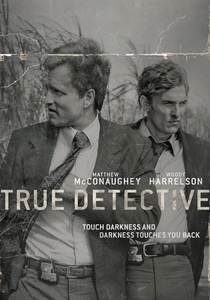
True Detective (2014)
Description: While more cinematic than 'Homicide', 'True Detective' shares its deep character studies of detectives and exploration of how police work affects personal lives. Both shows feature complex narratives and outstanding performances, though 'True Detective' employs more philosophical themes and nonlinear storytelling.
Fact: Each season features a completely new cast and storyline. The first season's six-minute tracking shot in episode 4 was filmed in one take. Creator Nic Pizzolatto wrote most of the first season himself.
 Watch Now
Watch Now 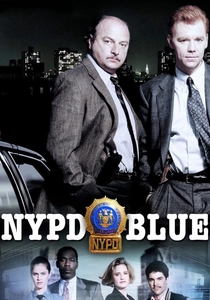
NYPD Blue (1993)
Description: Sharing 'Homicide's' gritty realism and focus on character development, 'NYPD Blue' revolutionized police dramas with its handheld camera work and willingness to tackle controversial topics. Both shows depict the personal and professional lives of detectives in a major city police department.
Fact: 'NYPD Blue' was controversial for its partial nudity and rough language, pushing broadcast standards. Dennis Franz's character Andy Sipowicz evolved from a racist, alcoholic detective to one of TV's most complex characters. The show pioneered the use of 'steadi-cam' for more dynamic cinematography in TV dramas.
 Watch Now
Watch Now 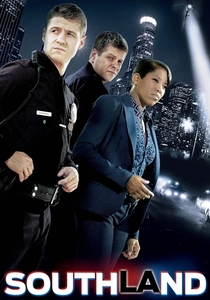
Southland (2009)
Description: Sharing 'Homicide's' documentary-style realism and focus on the daily grind of police work, 'Southland' provides an authentic look at LAPD officers. Both shows avoid glamorizing police work, instead showing its physical and emotional toll on officers.
Fact: 'Southland' was originally an NBC show before moving to TNT after cancellation. The show used real LAPD officers as technical advisors for authenticity. Many scenes were shot on location in Los Angeles' toughest neighborhoods.
 Watch Now
Watch Now 








